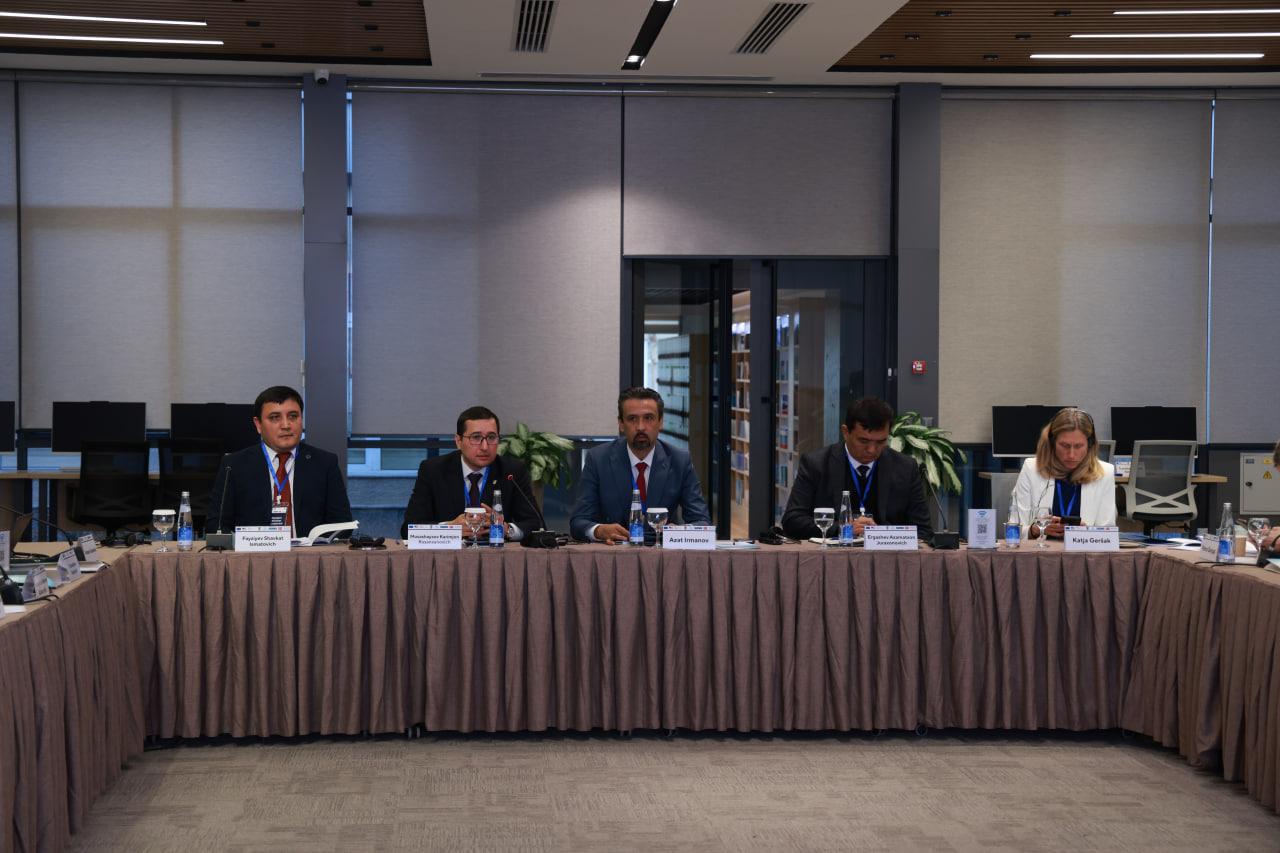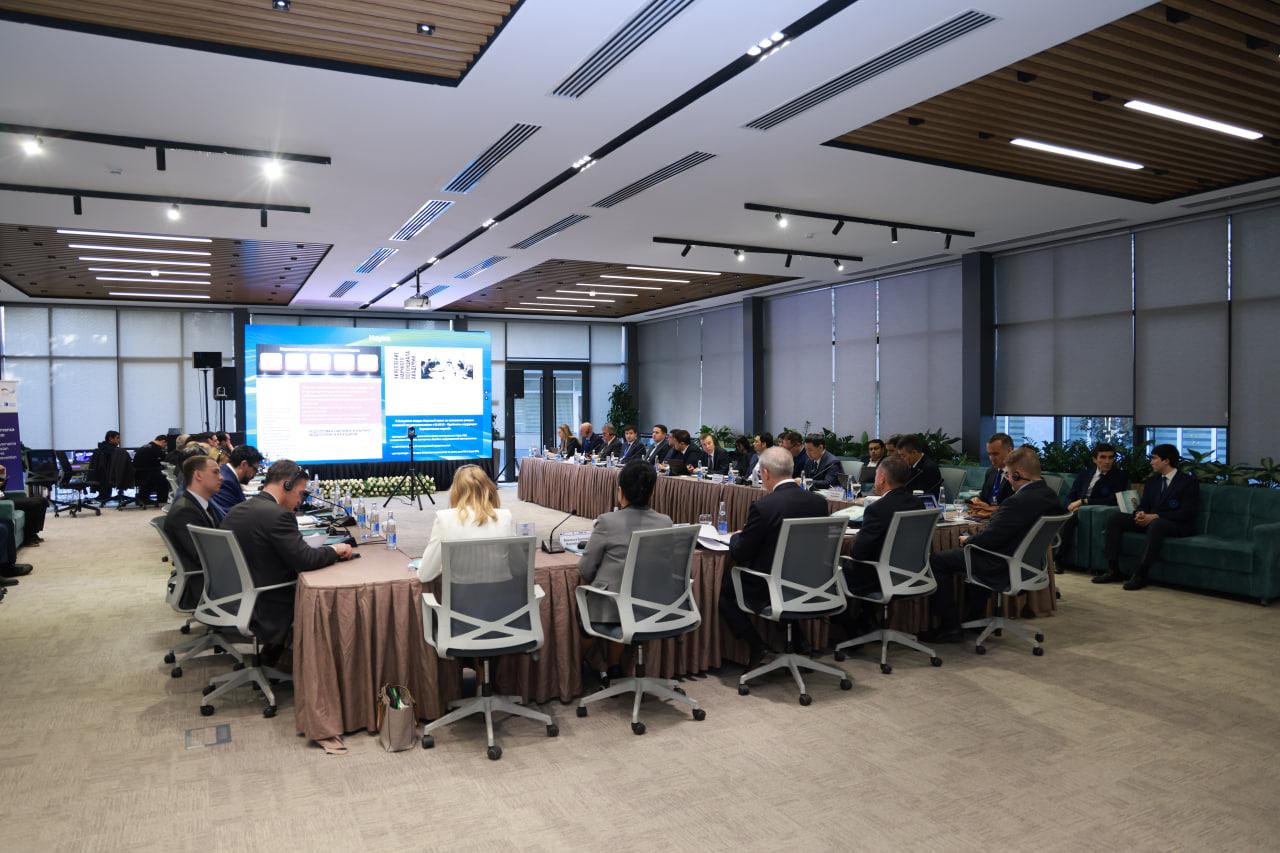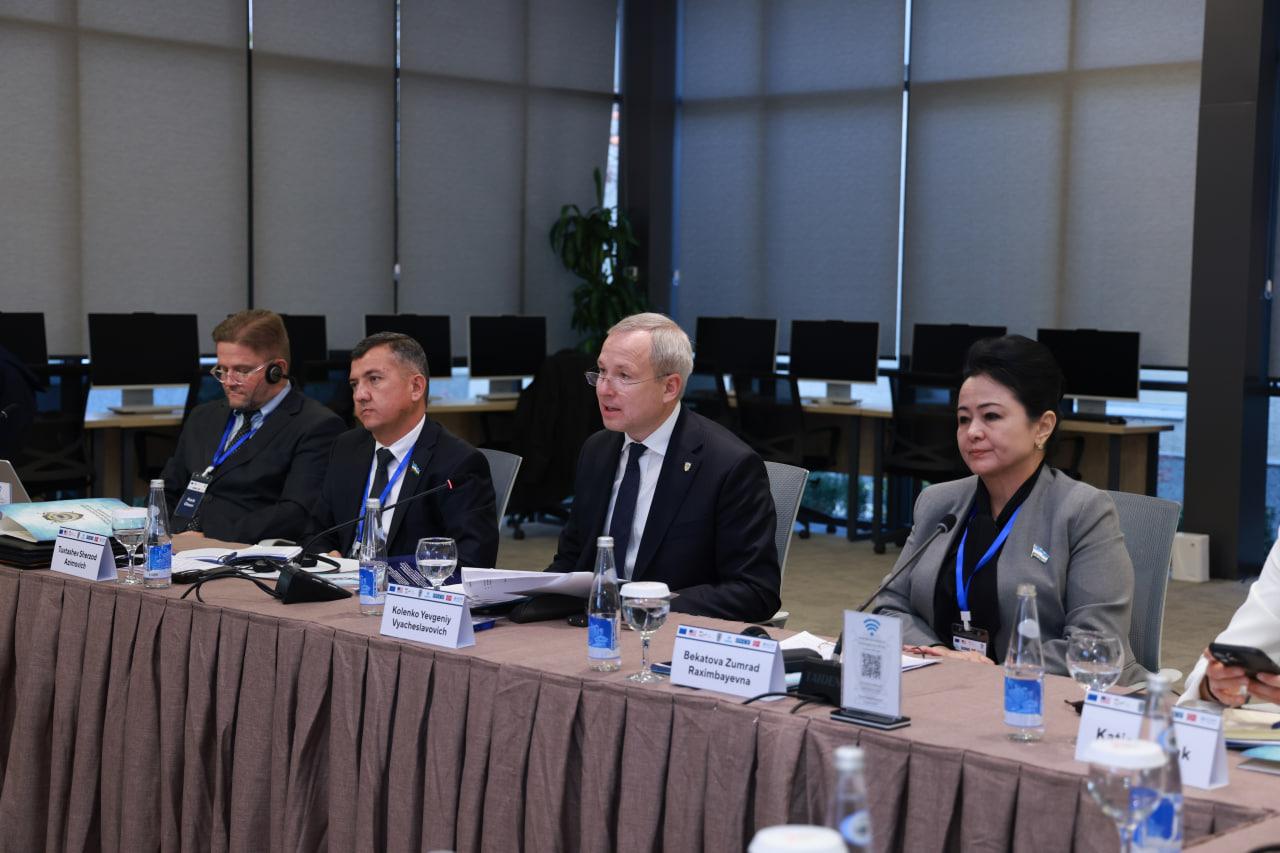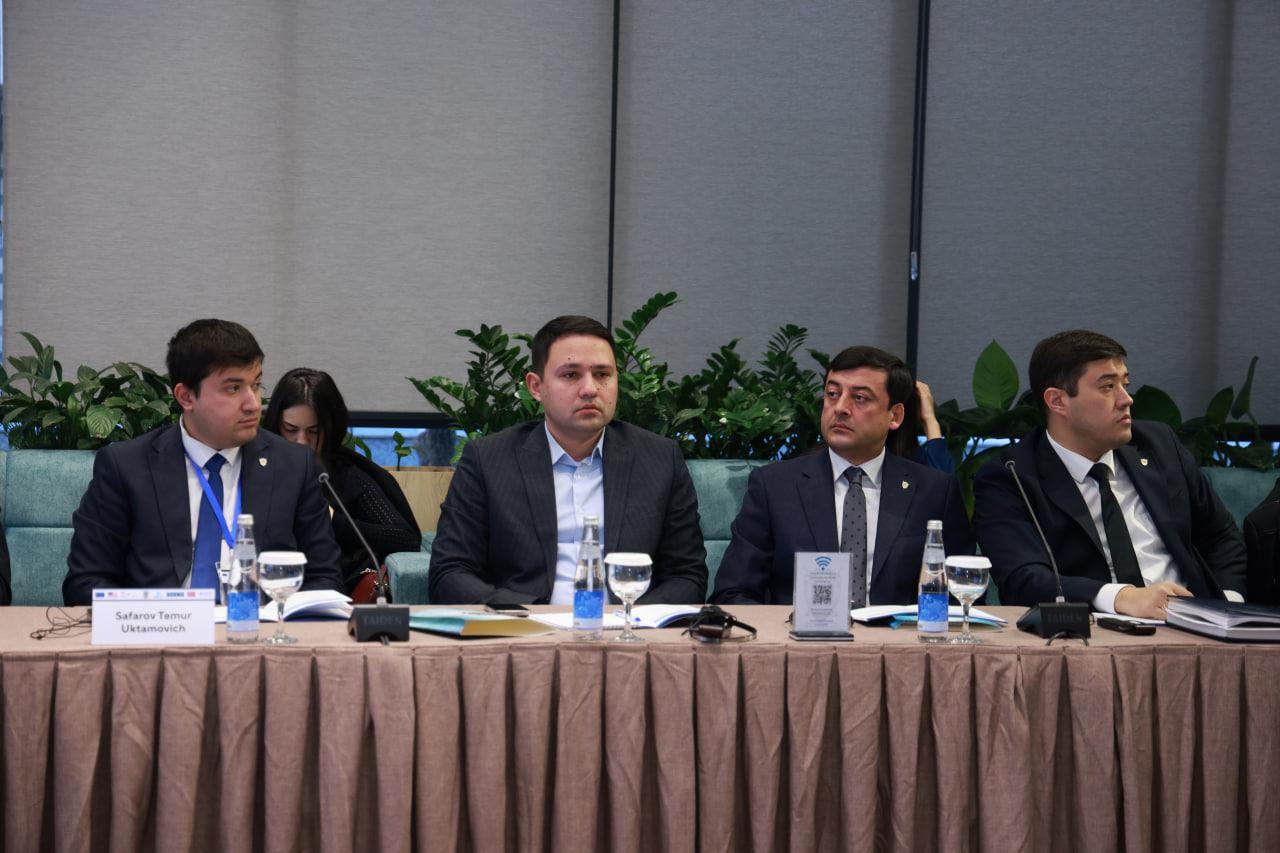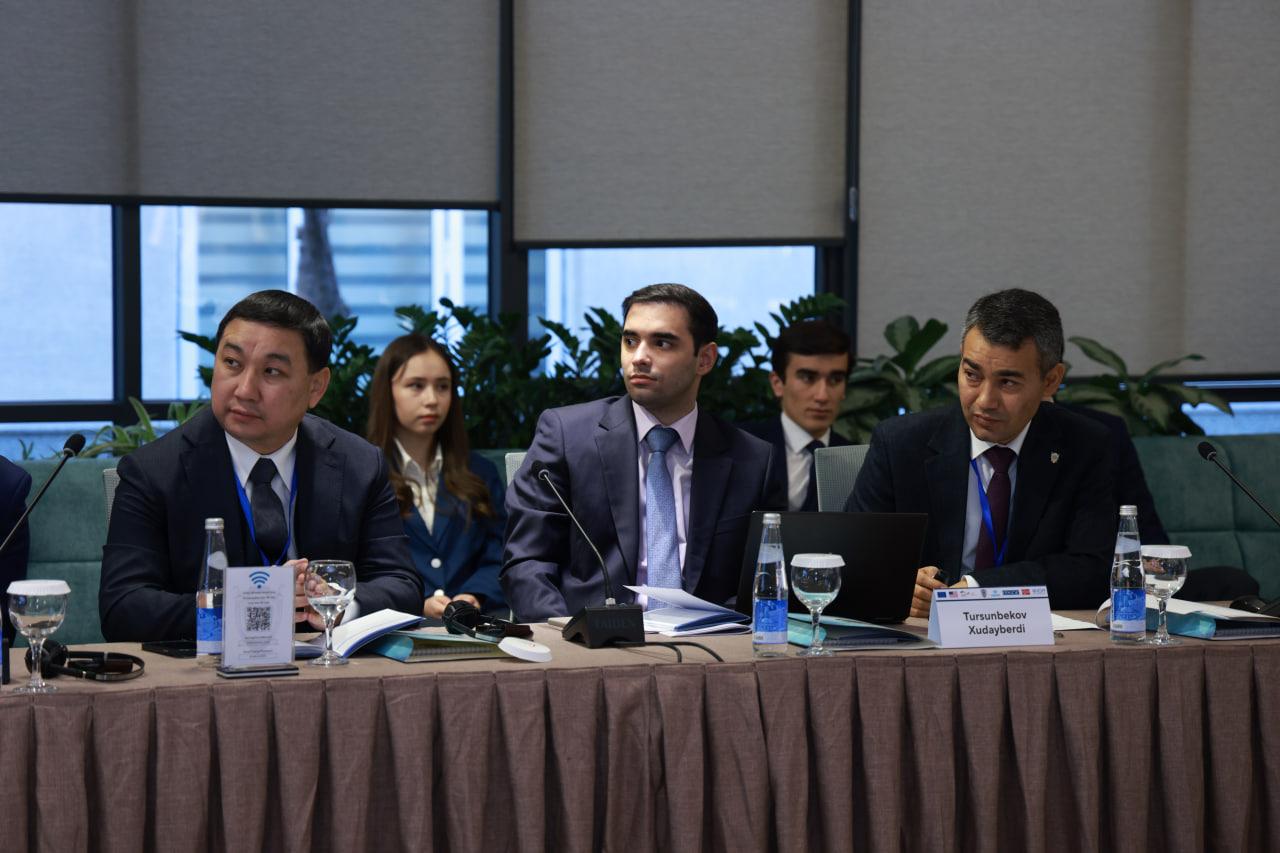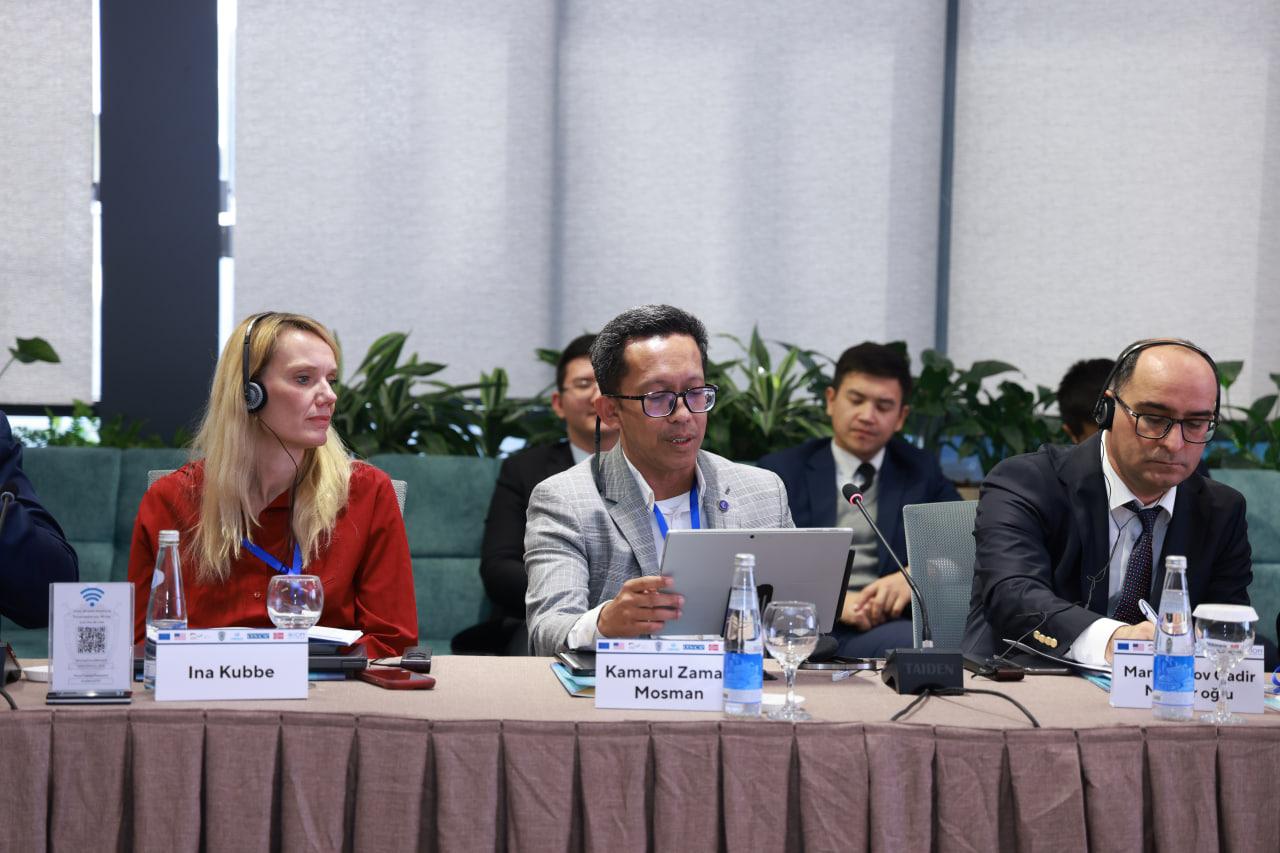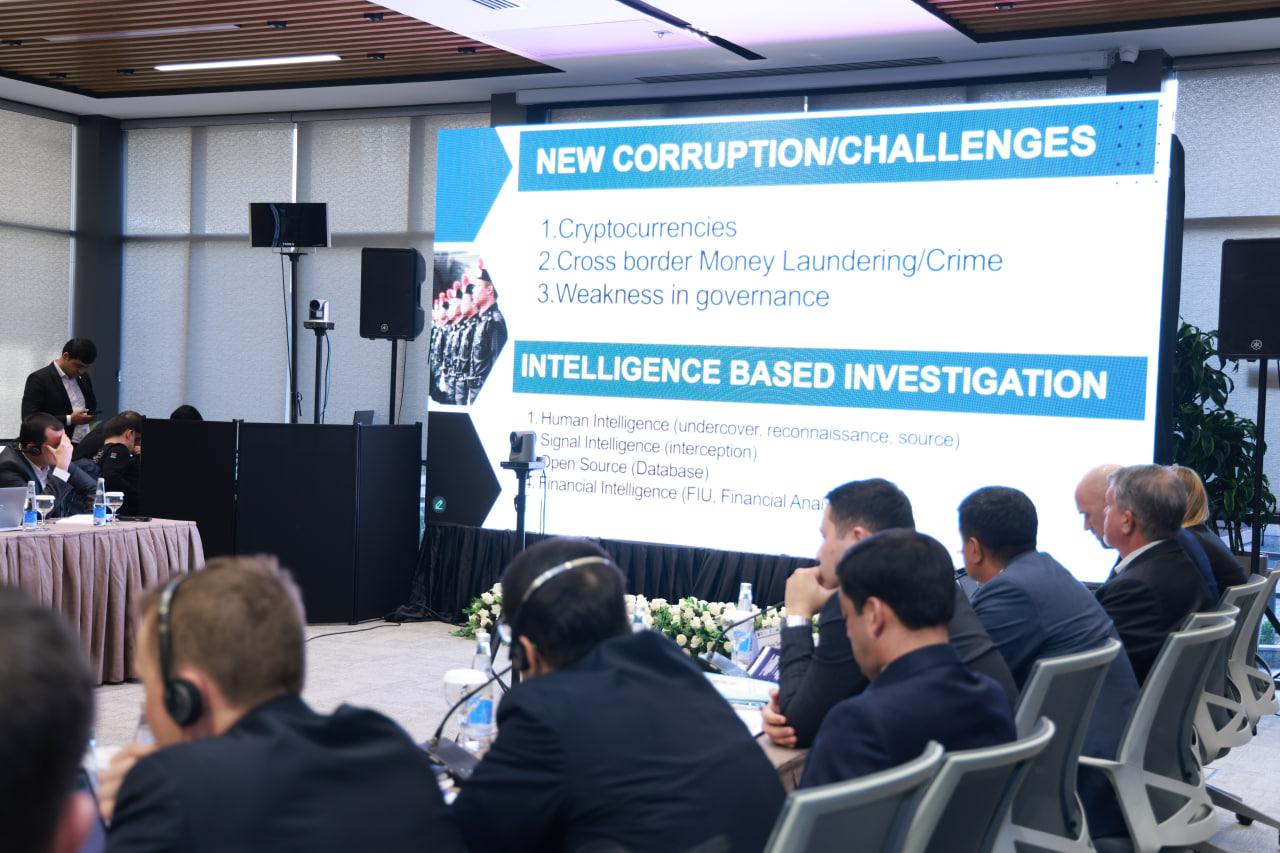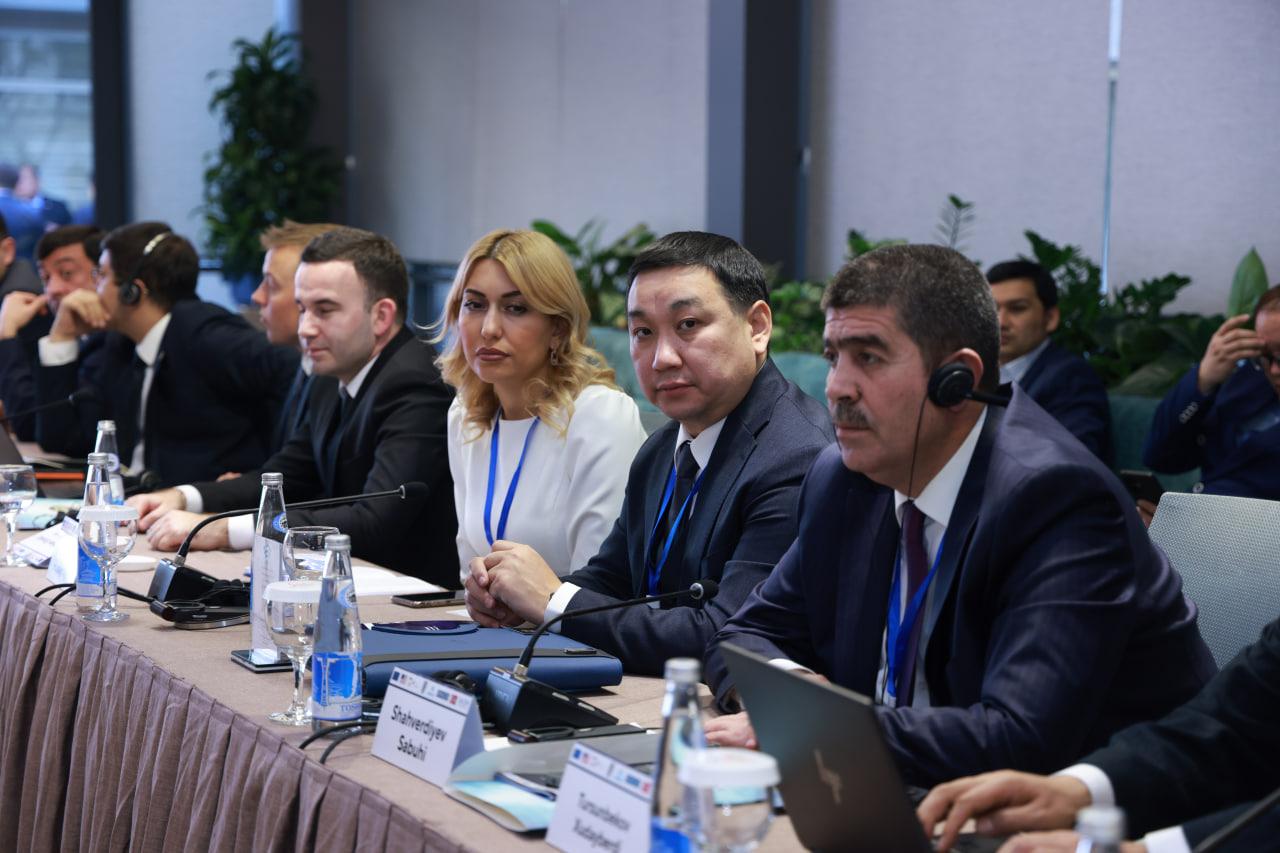A parallel session dedicated to digital risks and innovative solutions in the fight against corruption was held.
A parallel session titled "Corruption 2.0: Digital Risks and Innovative Solutions" was held at the Law Enforcement Academy within the framework of the international scientific-practical conference "Ensuring the Rule of Law in the Context of Modern Challenges: Problems and Solutions." This event is an important part of a series of projects dedicated to the International Anti-Corruption Month by the Academy and consisted of three separate thematic sessions.
The first session, "Prevention of Corruption: Problems and Solutions," was attended by representatives of the chambers of the Oliy Majlis, the UN Office on Drugs and Crime, the International Anti-Corruption Academy (IACA) in Austria, the Malaysian Anti-Corruption Academy, the China (Hong Kong) Independence Commission (ICAC), the Foreign Prosecutor's Office Development and Training Program of the US Department of Justice, the Swedish University of Lund, and the Academy. Experts presented conclusions on the integration of science, technology, and the culture of integrity, the role of parliament in anti-corruption policy, the experience of Malaysia, innovations in ensuring integrity, the relationship between gender and corruption, the results of the GRACE program, and the activities of the CABIN network.
At the second session, dedicated to the topic "Criminalisation of Corruption Crimes," experts from the Prosecutor General's Office, the Accounts Chamber, the Anti-Corruption Agency, the UN GJB, the Anti-Corruption Network of the Organisation for Economic Co-operation and Development (OECD), the Civipol Office, the Prosecutor General's Offices of Kazakhstan and Azerbaijan, and the Ministry of Science and Education delivered reports. The presentations discussed issues related to the criminalization of bribery in accordance with the UN Convention against Corruption, reform processes within the framework of the Istanbul Plan of Action, corruption in the field of sports, the use of artificial intelligence technologies in state audits, corruption risk management in the field of education, the effectiveness of the compliance control system, and the responsibility of legal entities for corruption.
At the final session on the topic "Corruption and Corruption Risk Analysis: International Standards and the Experience of Uzbekistan," experts from the European Union and GIZ, as well as specialists from the Academy and the Prosecutor General's Office, presented the experience of Uzbekistan (in particular, the Academy) in assessing corruption risks in criminal justice, their impact on social norms, identifying corruption risks in construction design, as well as implementing an anti-bribery management system in accordance with the international standard ISO 37001.
At the conclusion of the presentations, representatives of international and regional organizations noted the Academy's active participation and contribution to the development of scientific research and methodological solutions.
The Academy's leadership expressed gratitude to the participants and expressed their readiness to continue joint research and practical projects in the field of combating corruption in the future.

